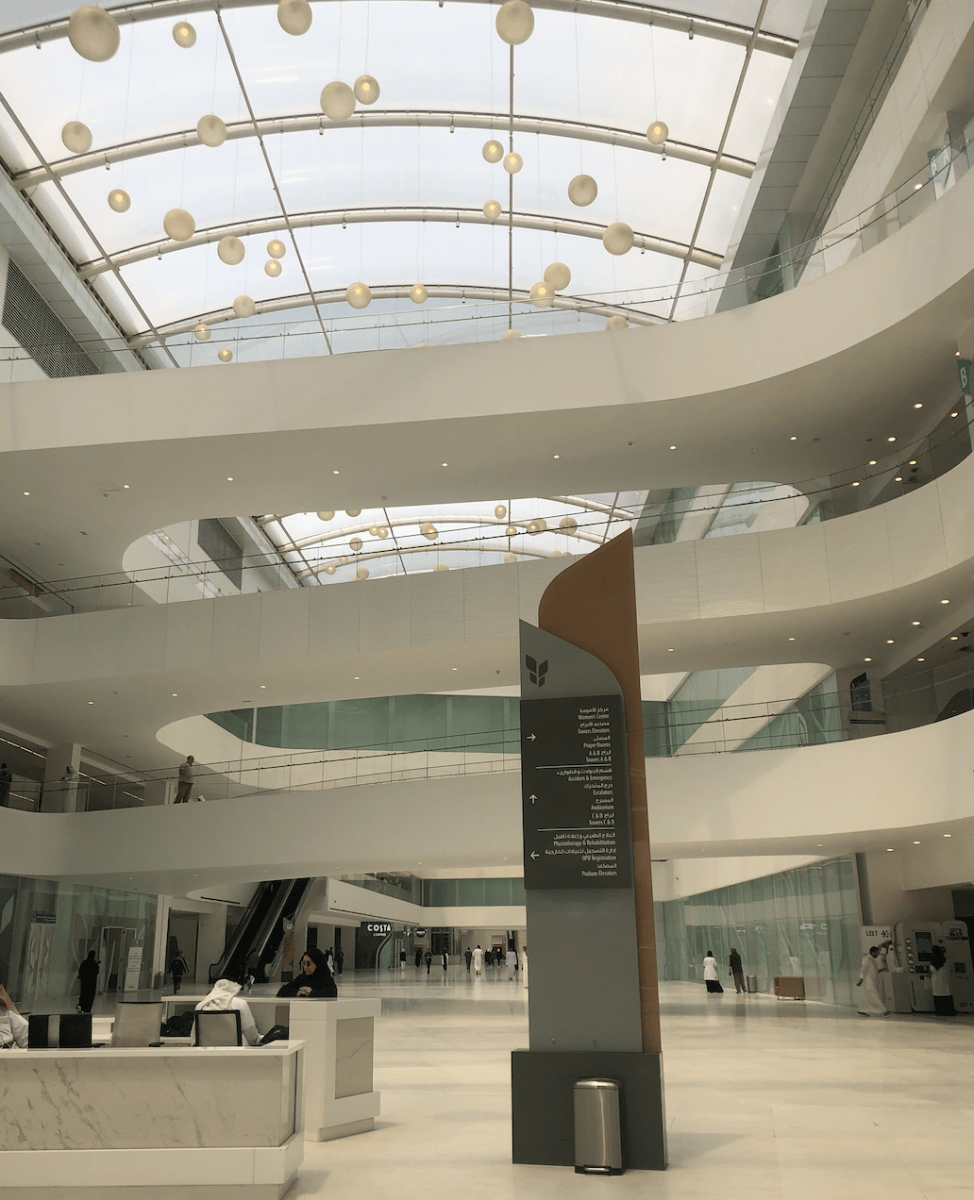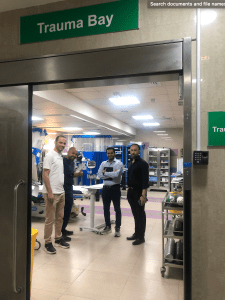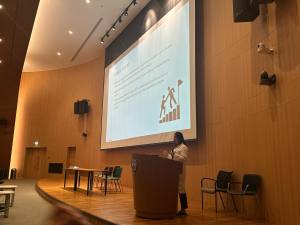Our project seeks to establish Kuwait’s inaugural research infrastructure by hosting a nationwide research symposium at Al-Jahra Hospital and Sheikh Jaber Al-Ahmad Hospital. The symposium is designed to equip residents with essential research skills, covering topics from research design and methodology to data analysis and publication strategies. By providing structured training and hands-on workshops, we aim to empower clinicians and academics to integrate research into their daily practice, ultimately fostering a culture of inquiry and innovation throughout the country. In doing so, the project will not only accelerate research development in Kuwait but also improve healthcare outcomes by ensuring that medical practice is informed by locally relevant evidence. By building capacity at the institutional level, the initiative is set to lay a sustainable foundation for future research collaborations and continuous professional development across their healthcare sector.
This project is designed to benefit all residents of Kuwait, with special breakout sessions for unmatched residents and junior faculty members. These groups are critical to the future of Kuwait’s healthcare system, and currently lack access to structured research training. By targeting these emerging healthcare professionals, we aim to cultivate a new generation of clinician-researchers who can contribute to evidence-based practices and innovative healthcare solutions. Empowering this population with research skills will not only enhance their individual professional trajectories but will also stimulate a broader transformation in the national medical community, ensuring that research becomes an integral part of medical education and practice across Kuwait.
The anticipated impact of this project is multifold. First, by equipping healthcare professionals with robust research skills, we expect a significant increase in both the quantity and quality of research output within the country. This initiative will promote high-standard, locally driven studies that address pressing healthcare challenges. Second, the project will facilitate cross-country collaborations, allowing Kuwaiti researchers to connect with international experts and institutions (from the US, Saudi Arabia, UAE, and Sweden). To ensure the sustainability of these outcomes, we will implement a blended approach: an initial in-person training session complemented by ongoing virtual meetings. These tele-research sessions will provide continuous support, mentorship, and opportunities for collaboration long after the symposium concludes, ensuring that the learnings are carried forward and that a vibrant research community is sustained in Kuwait.








We organized a bootcamp-style research seminar aimed at strengthening research skills and career development among Kuwaiti surgical trainees. Participants included categorical general surgery residents, preliminary and unmatched residents, as well as trainees from related surgical specialties such as Obstetrics and Gynecology, Neurosurgery, and Urology. Attendance was mandatory, ensuring comprehensive participation across all training levels.
The bootcamp curriculum covered key topics designed to support academic and professional growth. Sessions included building effective mentor-mentee relationships, strategies for defining an individualized career path in surgery, approaches to developing international research collaborations, fundamentals of research methodology, and hands-on interactive workshops focused on research proposal development. Dedicated career advising sessions were also offered to guide participants through academic and professional advancement.
In parallel, special sessions were held for hospital administrators and prehospital EMS providers with the objective of promoting the development of an integrated national trauma system. These sessions included lectures on trauma system design, assessment of Kuwait’s trauma burden and system needs, and case studies highlighting best practices from global and Middle Eastern trauma system models with the goal to stimulate continued investment and coordinated efforts toward building a comprehensive trauma care network in Kuwait.
We are hopeful that the knowledge shared, relationships built, and enthusiasm sparked during this seminar will translate into lasting improvements in research, trauma system development, and patient care in Kuwait. Follow up involves tele-research mentorship and ongoing support for institutional research development.